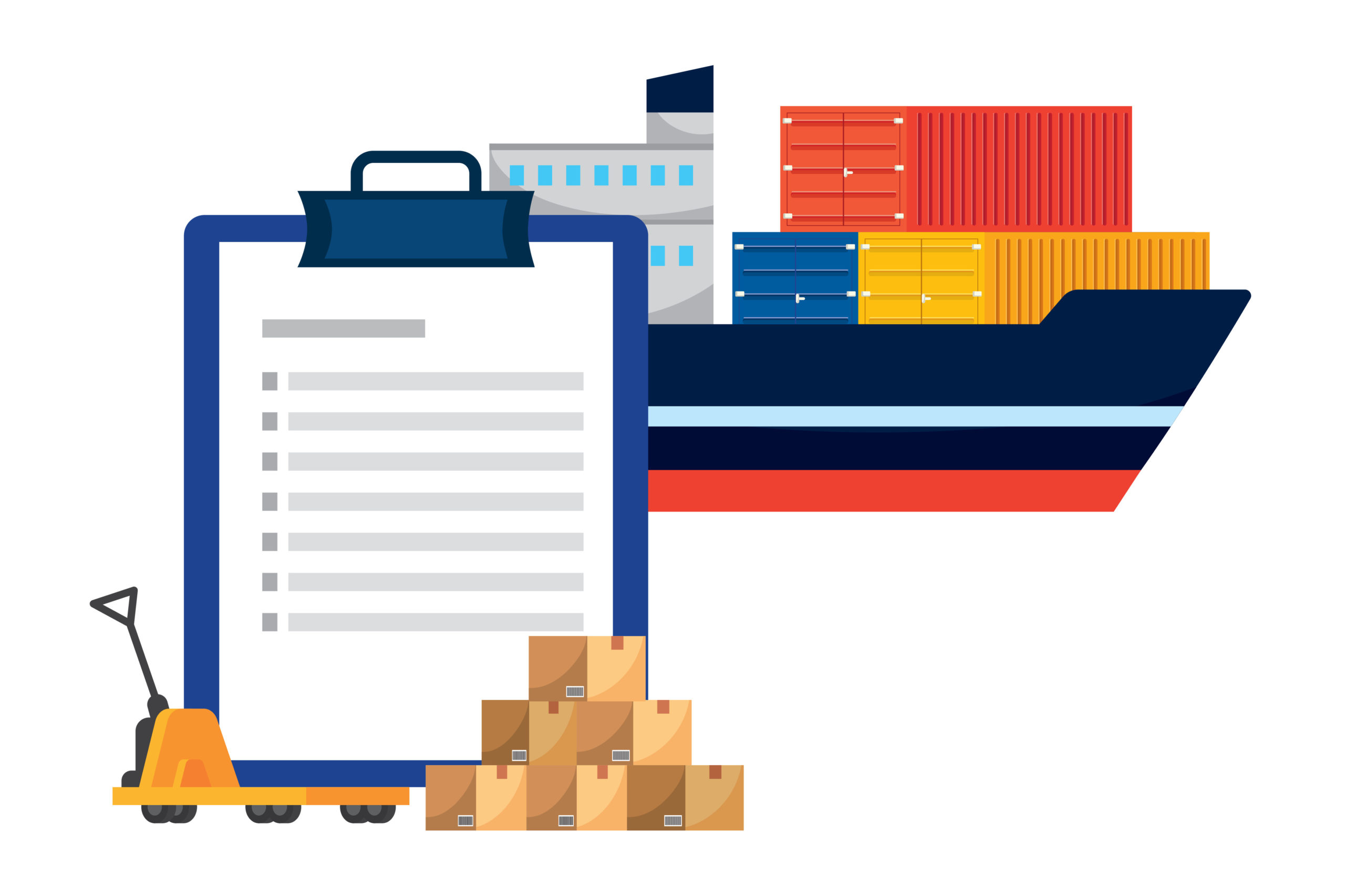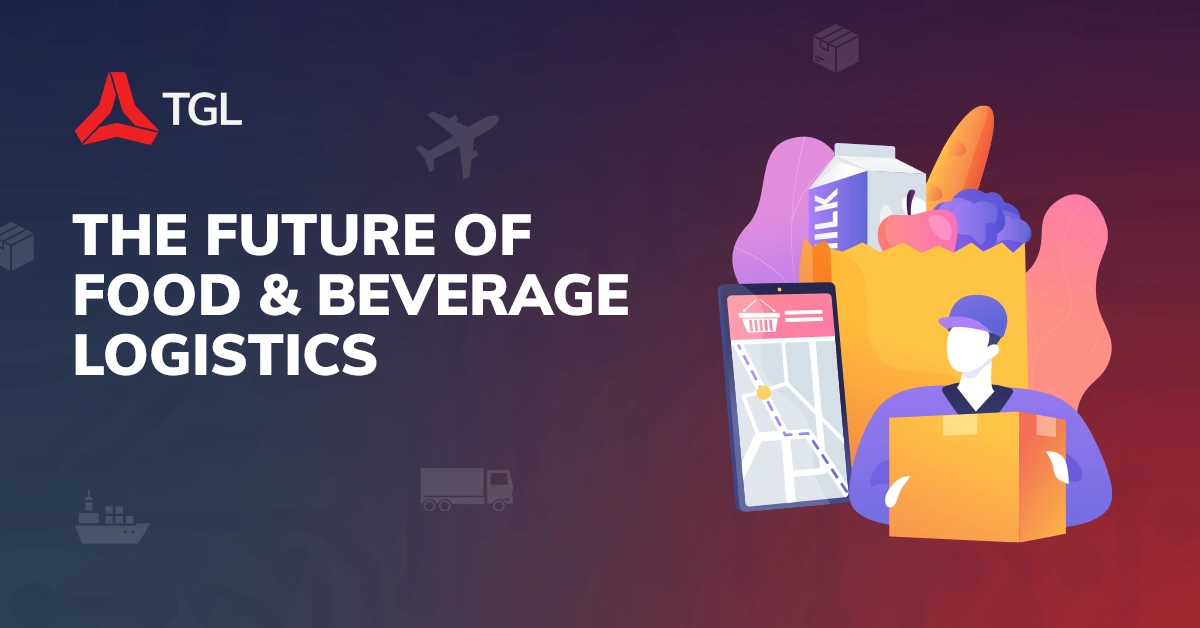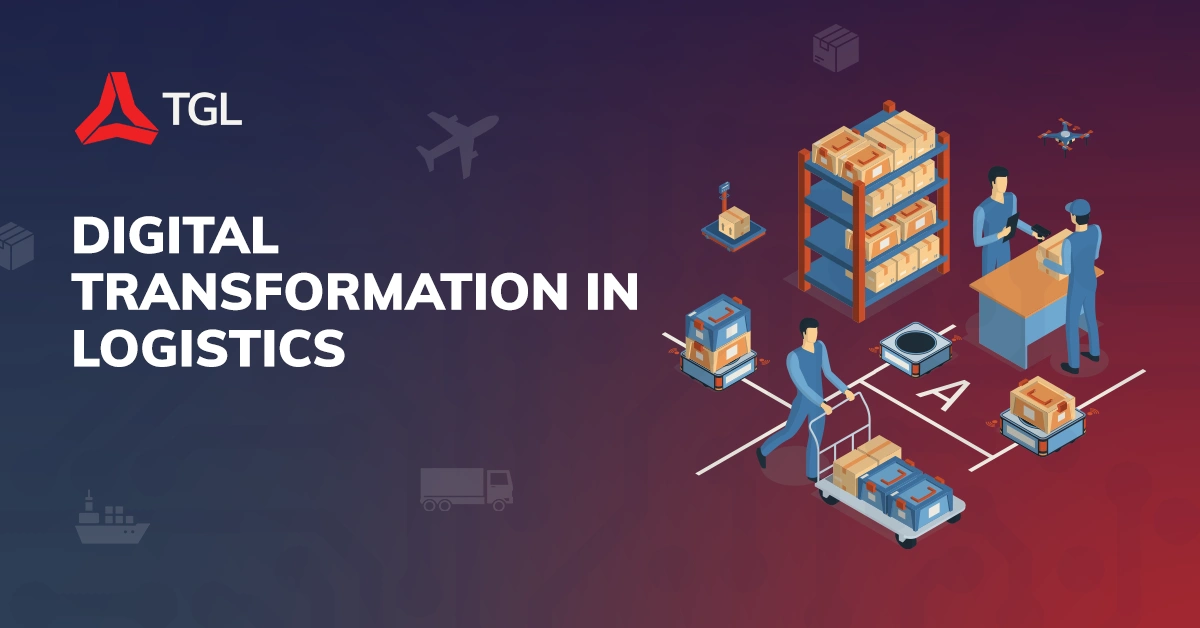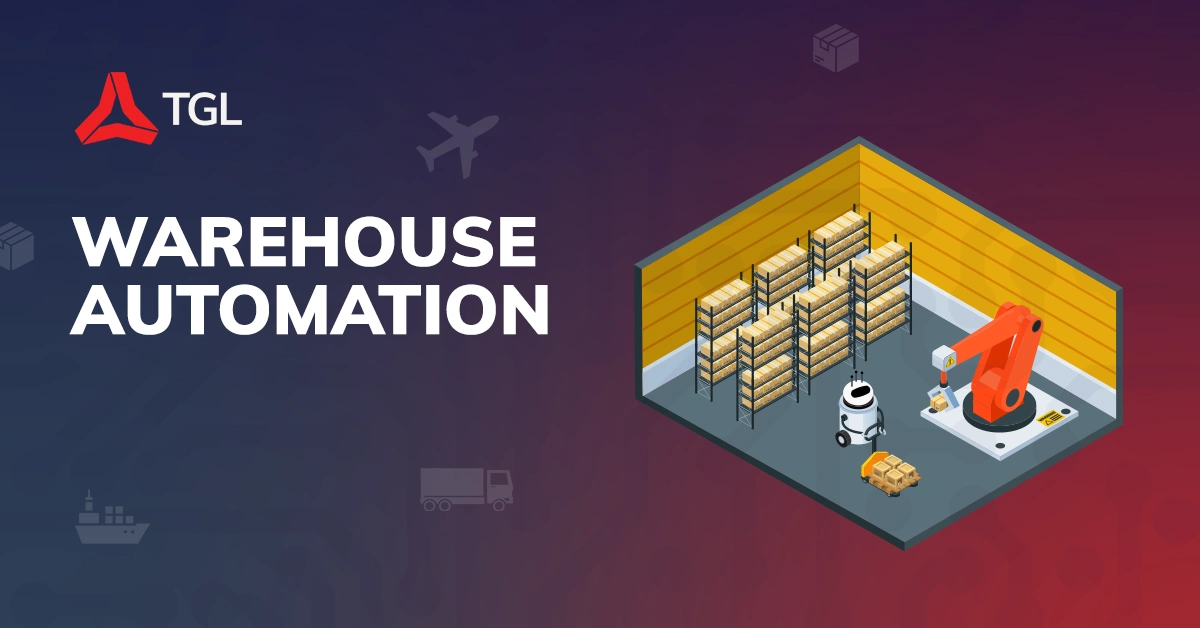Do you know all 11 Incoterms?

What are Incoterms in Logistics?
Incoterms, short for International Commercial Terms, are a set of standardized rules established by the International Chamber of Commerce (ICC). They define the responsibilities, risks, and costs associated with the transportation and delivery of goods in international trade. Incoterms are widely used in logistics and help facilitate smooth transactions between buyers and sellers by providing clarity on various aspects of the shipment.
Incoterms specify who is responsible for tasks such as transportation, insurance, customs clearance, and the transfer of risk from the seller to the buyer. They also define the point at which the seller's obligations end and the buyer's responsibilities begin. By using Incoterms, both parties can have a clear understanding of their rights and obligations, reducing the risk of misunderstandings or disputes.
There are different Incoterms, each representing a specific set of rules and obligations. Some commonly used Incoterms include EXW (Ex Works), FOB (Free on Board), CIF (Cost, Insurance, and Freight), and DAP (Delivered at Place). Each Incoterm has its own implications in terms of cost, risk, and logistical responsibilities.
Using Incoterms in logistics provides numerous benefits, including:
1. Clarity and standardization: Incoterms provide a common set of terms and definitions that are recognized and used internationally. They ensure a clear understanding of the rights and obligations of both parties involved in the shipment.
2. Risk allocation: Incoterms clearly define the point at which the risk transfers from the seller to the buyer. This helps both parties assess and manage their potential liabilities throughout the transportation process.
3. Cost allocation: Incoterms specify which party is responsible for various costs, such as transportation, insurance, and customs duties. This helps avoid misunderstandings and ensures that both parties are aware of their financial obligations.
4. Smooth logistics operations: By establishing responsibilities and obligations, Incoterms help streamline logistics operations. They provide a framework for planning transportation, documentation, and other logistical tasks, ensuring a smoother flow of goods from origin to destination.
5. International trade facilitation: Incoterms are recognized globally, making it easier for companies to engage in international trade. Using standardized terms simplifies negotiations, contracts, and communication between trading partners, regardless of their location or native language.
In summary, Incoterms play a crucial role in international logistics by defining the rights, responsibilities, and costs associated with the transportation and delivery of goods. They provide clarity, standardization, and risk allocation, facilitating smooth and efficient trade transactions.
Do you know all 11 Incoterms?
The 11 Incoterms 2023 stand for the International Commercial Terms. They cover a wide range of responsibilities and obligations that both the seller and buyer have, including:
- Which party is responsible for the difference in costs during the whole transportation and operations process?
- Where goods are to be picked up and transported.
- Who bears the risk in a case of lost or damaged goods at any specific point in the cargo's journey?
- Which party is responsible for the loading and unloading of the goods?
- Which party arranges to unload and pay for inspections of the goods?
- Who is responsible for producing documentation, submitting as well as exporting and importing customs entries, or arranging the export/import licenses, as well as a range of other contractual obligations.
The following is a brief overview of each of the 11 Incoterms. 7 of which are for any mode of transport.
Rules of any mode or modes of transport
EXW (EX Works)
- Ex-works is when the seller places the goods at the disposal of the buyer at the named place (i.e., seller's premises, work, or warehouse, etc.).
- The seller does not need to load the goods on any collecting vehicle. Nor does it need to clear them for export, where such clearance is applicable.
FCA (Free Carrier)
- The seller delivers the goods to the carrier or another person nominated by the buyer at the seller's premises or another named place.
- The parties are well advised to specify as explicitly as possible the point within the named place of delivery, as the risk passes to the buyer at the point.
CPT (Carriage Paid To)
- The seller delivers the goods to the carrier or another person nominated by the seller at an agreed place.
- The seller must contract for any pay the costs of carriage necessary to bring the goods to the named place of destination.
CIP (Carriage and Insurance Paid To)
- The seller has the same responsibilities as CPT. In addition, a contract for insurance covers the buyer's risk of loss of or damage to the goods during the carriage.
- The buyer should note that under CIP the seller is required to obtain insurance only on minimum cover. Should the buyer wish to have more insurance protection, it will need either to agree as much expressly with the seller or to make its own extra insurance arrangements.
DPU (Delivered At Place Unloaded) - (Replaces Incoterm 2010 DAT)
- DPU replaces the former Incoterm DAT (Delivered At the Terminal). The seller delivers when the goods, once unloaded are placed at the disposal of the buyer at a named place of destination.
- The seller bears all risks involved in bringing the goods to and unloading them at the named place of destination.
DAP (Delivered at Place)
- The seller delivers when the goods are placed at the disposal of the buyer on the arriving means of transport ready for unloading at the named place of destination.
- The seller bears all risks involved in bringing the goods to the named place.
DDP (Delivered Duty Paid)
- The seller delivers the goods when the goods are placed at the disposal of the buyer, cleared for import on the arriving means of transport ready for unloading at the named place of destination.
- The seller bears all the costs and risks involved in bringing the goods to the place of destination. They must clear the products not only for export but also for import
- The seller has to pay any duty for both export and import and to carry out all customs formalities.
Rules for sea and inland waterway transport
FAS (Free Alongside Ship)
- The seller delivers when the goods are placed alongside the vessel (e.g., on a quay or a barge) nominated by the buyer at the named port of shipment.
- The risk of loss of or damage to the goods passes when the products are alongside the ship. The buyer bears all costs from that moment onwards.
FOB (Free On Board)
- The seller delivers the goods on board the vessel nominated by the buyer at the named port of shipment or procures the goods already so delivered.
- The risk of loss of or damage to the goods passes when the products are on board the vessel. The buyer bears all costs from that moment onwards.
CFR (Cost and Freight)
- The seller delivers the goods on board the vessel or procures the goods already so delivered.
- The risk of loss of or damage to the goods passes when the products are on board the vessel.
- The seller must contract for and pay the costs and freight necessary to bring the goods to the named port of destination.
CIF (Cost, Insurance, and Freight)
- The seller delivers the goods on board the vessel or procures the goods already so delivered. The risk of loss of or damage to the goods passes when the products are on the ship.
- The seller must contract for and pay the costs and freight necessary to bring the goods to the named port of destination.
- The seller also contracts for insurance cover against the buyer's risk of loss of or damage to the goods during the carriage.
- The buyer should note that under CIF the seller is required to obtain insurance only on minimum cover. Should the buyer wish to have more insurance protection, it will need either to agree as much expressly with the seller or to make its own extra insurance arrangements
If you want to learn more about Logistics or be up to date on Freight Forwarding Industry, follow TGL YouTube Channel. We have more than 155 videos for you.


